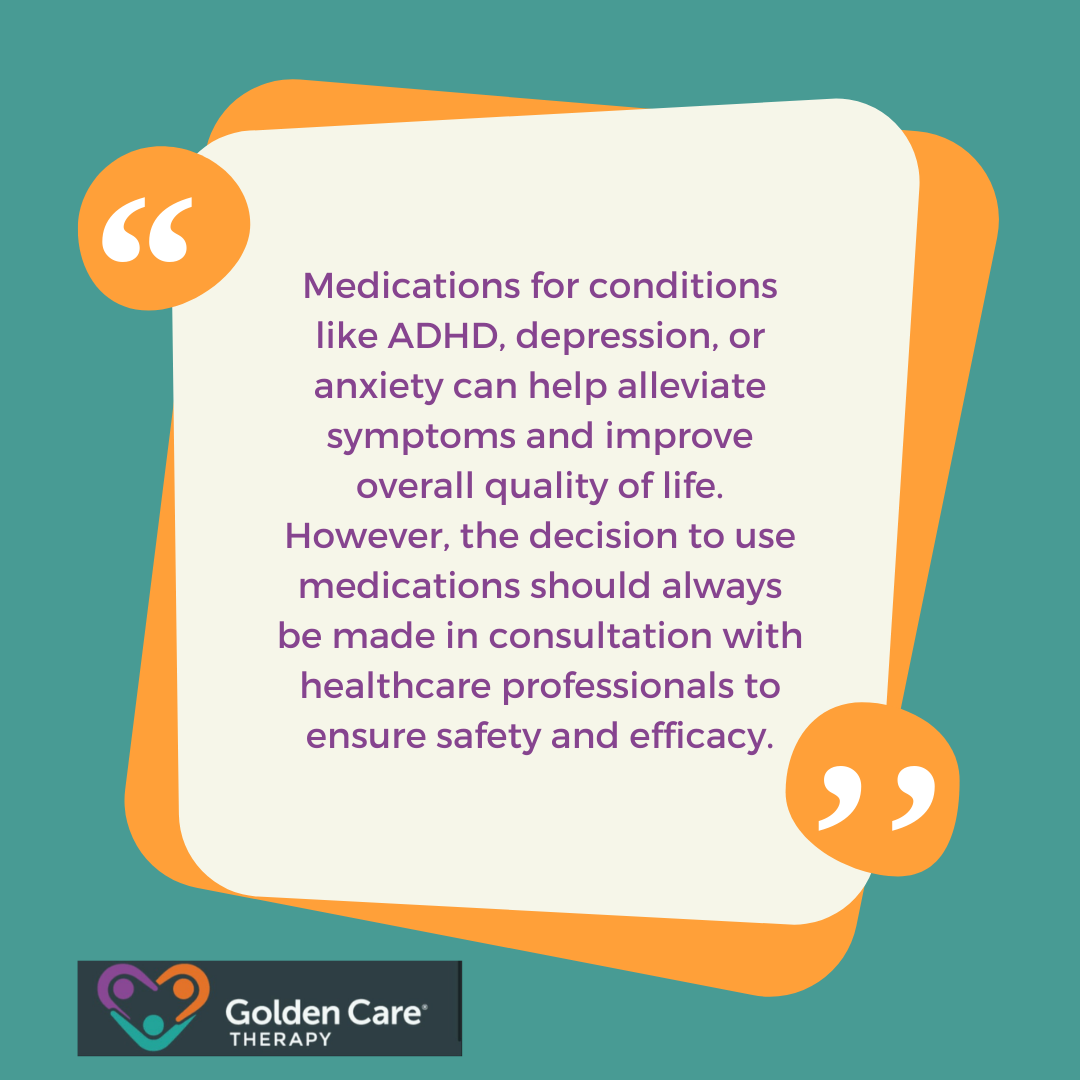
Table of Contents
Seeking treatment for autism as an adult can have a profound impact on quality of life. While much of the focus is often on early intervention for children, adults with autism also benefit greatly from support and tailored therapies.
These treatments can help individuals manage daily challenges, build meaningful relationships, and improve communication skills. Addressing sensory sensitivities, social difficulties, or anxiety through proper treatment can foster greater independence and boost confidence, ultimately leading to a more fulfilling life.
Recognizing the importance of ongoing support makes a world of difference for adults navigating their unique autism journey.
Importance of Interventions
It’s worth noting that there is no definitive cure for autism. However, tailored interventions can significantly improve social functioning, learning abilities, and overall quality of life for individuals on the autism spectrum.
It’s crucial to recognize that autism is diverse in its presentation, with varying signs, symptoms, and support requirements. Some individuals may require minimal support, while others may benefit from more intensive therapies.
That said, interventions are not limited to childhood; adults with autism also benefit from ongoing support and therapies to address their unique needs. Even individuals with less apparent support requirements, often described as having “high-functioning” autism, can face challenges that impact their daily lives.
Appropriate interventions tailored to the individual can enhance their skills, independence, and overall well-being.

Treatment Approaches for Autism
To address the challenges faced by individuals with autism, various therapy approaches have been introduced to show promise in enhancing communication skills, social interactions, and overall well-being.
Understanding the different therapeutic interventions available is essential for tailoring treatment plans to meet the specific needs of individuals with autism.
Let’s look at each of them.
Cognitive Behavioral Therapy
Cognitive behavioral therapy (CBT) is a widely recognized approach that can be effective in assisting children and adults with autism. Through CBT, individuals learn about the connections between feelings, thoughts, and behaviors, aiding in the identification of triggers for negative behaviors.
Research indicates that CBT is particularly beneficial for managing anxiety and enhancing the ability to recognize and regulate emotions in others.
Social Skills Training
Social skills training (SST) is crucial in helping individuals, including children, develop essential social skills such as engaging in conversations, understanding humor, and interpreting emotional cues.
While SST is commonly utilized for children, it can also be effective for teenagers and young adults in their early 20s. SST aims to enhance social interactions and promote meaningful connections with others.
Speech Therapy
Speech therapy is another valuable intervention for individuals with autism, focusing on improving verbal skills and communication abilities.
For children, speech therapy may address speech rate and rhythm, language development, and articulation. In adults, speech therapy can aid in effectively expressing thoughts, emotions, and needs, enhancing overall communication proficiency.
Occupational Therapy
Occupational therapy (OT) is a crucial intervention that focuses on teaching fundamental skills necessary for everyday life.
In adults with autism, OT aims to develop independent living skills such as cooking, cleaning, managing money, and navigating social interactions.
Through structured therapy sessions, individuals with autism can enhance their abilities to perform tasks independently, boosting their confidence and quality of life.
Incorporating cognitive behavioral therapy, social skills training, speech therapy, and occupational therapy into treatment plans allows autistic individuals to benefit from tailored interventions that address their unique strengths and challenges.
These therapy approaches aim to enhance communication, social interactions, and emotional regulation, which ultimately improves their overall quality of life.
Enhancing Daily Life of Autistic Adults
In terms of enhancing the daily life of adults with autism, a multifaceted approach is necessary. These include building independent living skills and implementing coping strategies which can both play a pivotal role in promoting overall well-being.
Enhancing independent life skills is essential for adults with autism to thrive in various aspects of their daily routines. From basic self-care tasks to managing household responsibilities, acquiring skills that promote autonomy and self-sufficiency is a fundamental aspect of treatment.
Through targeted interventions and practical guidance, individuals can learn to complete tasks effectively, fostering a sense of accomplishment and self-reliance.
Moreover, managing the unique challenges that individuals with autism face daily requires the implementation of effective coping strategies. Coping strategies encompass a range of techniques to help individuals regulate emotions, navigate sensory sensitivities, and address communication difficulties.
Developing personalized coping mechanisms allows autistic adults to better manage stress, anxiety, and sensory overload. This leads to improved emotional well-being and overall adaptive functioning.
Incorporating occupational therapy, fostering independent living skills, and utilizing coping strategies are integral components of a comprehensive treatment approach for adults with autism.
Diagnosis and Assessment
Understanding the diagnostic process and assessment methods for adults with autism is crucial for providing tailored treatment and support. The diagnosis and assessment of autism in adults involve a comprehensive evaluation of communication skills, behavior patterns, and social interactions.

Diagnostic Process for Adults
Diagnosing autism in adults is a complex process that relies on in-person observations and interactions conducted by trained clinicians.
Unlike children, there are currently no specific diagnostic criteria for autistic adults. The process typically begins with assessments by a family doctor, who may then refer the individual to specialists such as psychiatrists or psychologists for further evaluation and diagnosis.
During the diagnostic process, clinicians evaluate communication issues, emotional responses, behavioral patterns, and specific interests of the individual. This evaluation may involve discussions with parents or family members to gather information about the individual’s lifelong behavior patterns and symptoms.
Evaluation Criteria
Due to the lack of specific diagnostic criteria for adults, clinicians often adapt the diagnostic criteria from the Diagnostic and Statistical Manual of Mental Disorders, Fifth Edition (DSM-5), primarily designed for children, to suit adult assessments.
The evaluation criteria focus on identifying key characteristics and behaviors associated with autism in adults, taking into account the individual’s unique presentation and history.
Diagnostic Tools
In the absence of definitive medical tests for diagnosing autism in adults, clinicians rely on specialized tools and assessments to aid in the diagnostic process. These tools are designed to evaluate various aspects of behavior, communication, and social interactions.
Some of the commonly used diagnostic tools include the Autism Diagnostic Observation Schedule (ADOS-2) and the Autism Spectrum Quotient (AQ). By utilizing these diagnostic tools and assessments, clinicians can gather valuable information to diagnose and assess autism in adults accurately.
Managing Co-occurring Conditions
For adults with autism, behaviors that interfere with daily functioning can pose significant challenges. These behaviors may not solely be attributed to autism but could also be linked to other co-occurring conditions such as ADHD, depression, or OCD. It is crucial to work closely with healthcare professionals to identify the root cause of these behaviors and determine appropriate interventions.
Therapy tailored to address specific conditions alongside autism can help in managing behavioral challenges effectively.
Also, in cases where co-occurring conditions are diagnosed and medication is deemed necessary, it is essential to follow the prescribed treatment plan under the guidance of healthcare providers.

It is estimated that a significant percentage of individuals with autism, both children and adults, have atypical diets that may include restrictive eating habits. Adopting a nutritious and balanced diet is crucial for promoting overall health and well-being.
A diet rich in essential nutrients can help protect against various illnesses, support brain function, and enhance the overall quality of life for autistic adults. By focusing on a diet that includes a variety of nutrient-dense foods, individuals with autism can benefit from improved physical health, enhanced cognitive function, and better overall quality of life.
Managing co-occurring conditions in adults with autism requires a multi-faceted approach that addresses behavioral challenges, considers medication when necessary, and emphasizes the importance of a nutritious diet for optimal health and well-being.
Getting the right treatment for autism in adults can make a huge difference. It helps individuals better understand themselves, manage daily challenges, and live a more fulfilling life.
With the right support, adults with autism can build stronger relationships, succeed in their careers, and improve their overall well-being.
Treatment isn’t just about managing symptoms – it’s about empowering individuals to thrive and reach their full potential. At Golden Care Therapy, we offer ABA therapy in New Jersey, Indiana, Georgia, and New York, providing personalized care to help individuals with autism achieve meaningful progress. Contact us today to learn more about how we can support your loved one on their journey to success.
Sources:
- What to Know Before Taking Medicine for Autism - October 4, 2024
- Is Risperidone Good for Autism? - October 4, 2024
- Exploring Glutathione Supplementation in Autism - October 4, 2024
